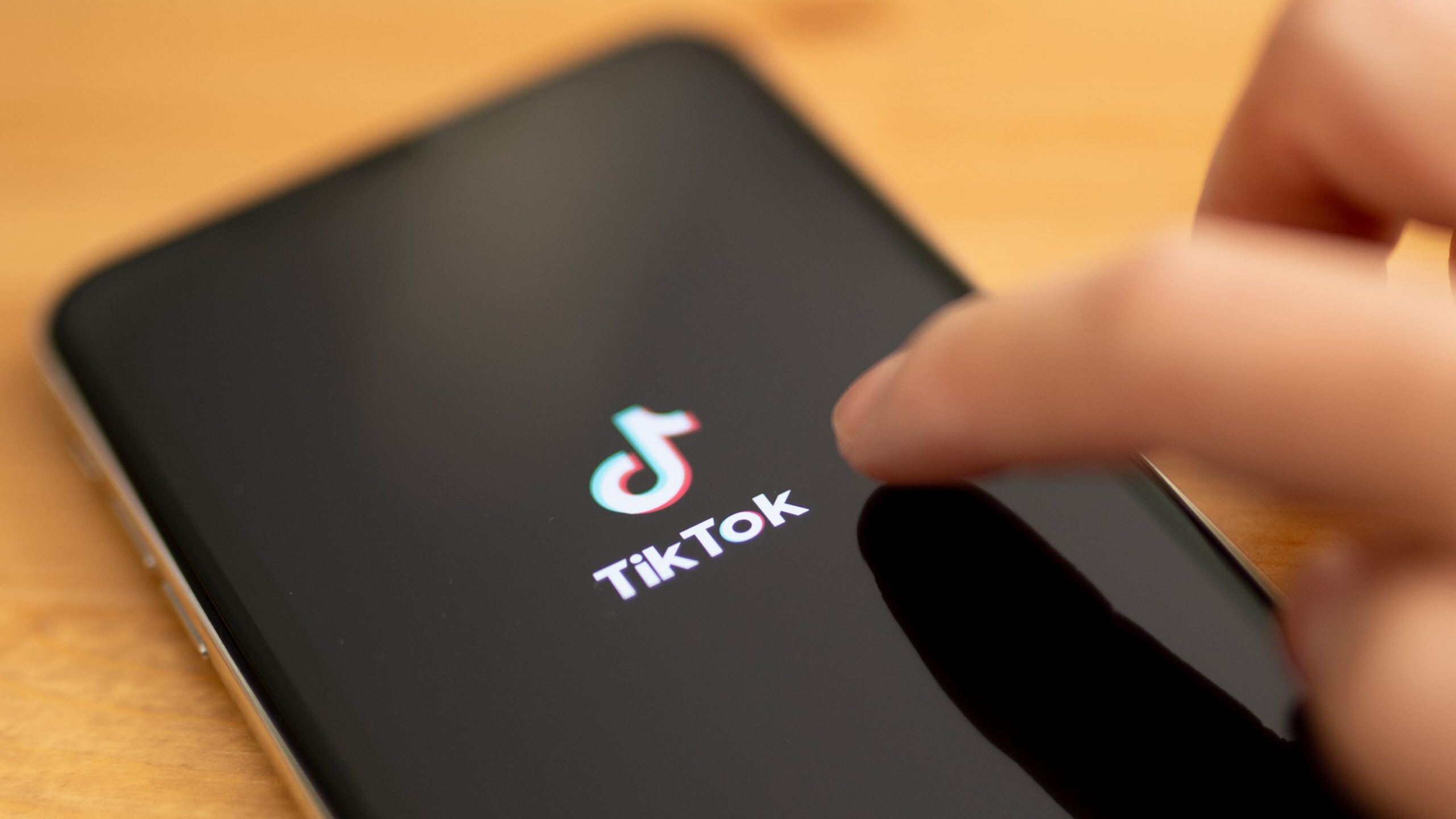The landscape of Human Resources (HR) is undergoing a revolutionary transformation, driven largely by the integration of Artificial Intelligence (AI). This technology is not only reshaping traditional HR functions but also enhancing the efficiency and effectiveness of recruitment and background screening processes. As companies strive to attract top talent in a competitive market, AI offers innovative solutions that streamline these crucial tasks.
AI in Recruitment: Efficiency and Precision
One of the most significant impacts of AI in HR is seen in the recruitment process. Traditionally, recruiters sift through hundreds or even thousands of resumes to identify potential candidates—a time-consuming and often subjective task. AI, however, brings automation and objectivity to this process.
AI-powered recruitment tools can scan and analyze resumes at a much faster rate than humans, identifying key skills, qualifications, and experiences that match the job requirements. These tools use natural language processing (NLP) and machine learning algorithms to assess resumes and rank candidates based on their relevance to the job description. This not only speeds up the initial screening process but also reduces human bias, ensuring a more diverse and qualified pool of candidates.
Furthermore, AI can enhance the candidate experience by providing timely and personalized communication. Chatbots, for instance, can engage with candidates, answer their queries, and guide them through the application process. This level of interaction ensures that candidates feel valued and informed, which can significantly improve their overall experience and perception of the company.
Enhancing Background Screening with AI
Background screening is another critical area where AI is making significant strides. Ensuring that candidates have the right qualifications, and a clean history is essential for making informed hiring decisions. Traditional background checks can be labor-intensive, involving multiple data sources and manual verification processes. AI simplifies and accelerates this process by automating data collection and analysis.
AI algorithms can quickly gather and cross-reference information from various databases, including criminal records, credit reports, and social media profiles. This comprehensive analysis not only saves time but also increases the accuracy and reliability of the background checks. Moreover, AI can continuously monitor employees' activities and behaviors, providing real-time alerts if any issues arise, thereby maintaining a secure and compliant workplace.
Addressing Ethical Concerns and Bias
While the benefits of AI in HR are substantial, it is also crucial to address the ethical concerns and potential biases that come with it. AI systems are only as good as the data they are trained on. If the training data contains biases, the AI system is likely to perpetuate them. Therefore, HR professionals must ensure that their AI tools are trained on diverse and representative data sets.
Moreover, transparency and accountability in AI decision-making processes are essential. Companies should be able to explain how their AI systems make decisions and ensure that these processes are fair and non-discriminatory. Regular audits and updates of AI systems can help in identifying and mitigating any biases that may emerge over time.
The Future of AI in HR
As AI continues to evolve, its role in HR will undoubtedly expand. Predictive analytics, for instance, can forecast future hiring needs and employee performance, allowing companies to make proactive and strategic HR decisions. AI-driven talent management systems can also personalize employee development plans, helping individuals grow their skills and advance their careers within the organization.
In conclusion, AI is transforming HR by making recruitment and background screening processes more efficient, accurate, and fair. By leveraging AI, companies can attract and retain top talent, enhance candidate and employee experiences, and maintain a competitive edge in the market. However, it is essential to address the ethical implications and ensure that AI systems are designed and used responsibly. As we move forward, the intersection of AI and HR will continue to be a dynamic and evolving space, offering exciting opportunities for innovation and improvement.



